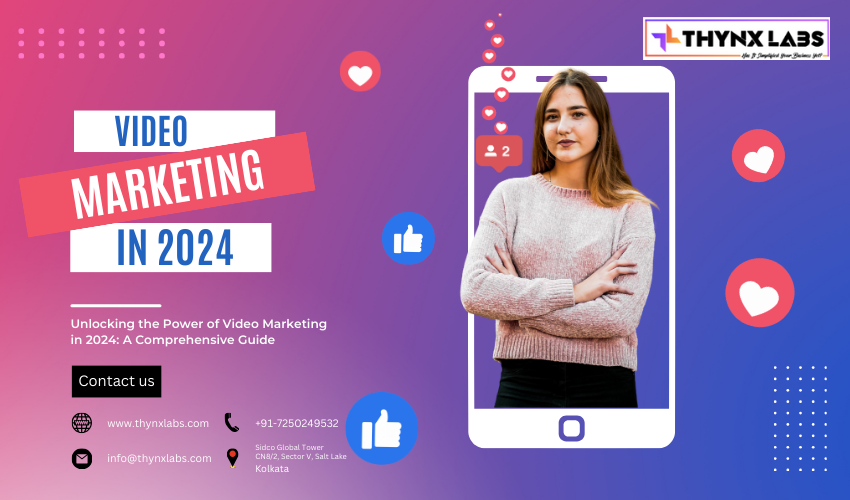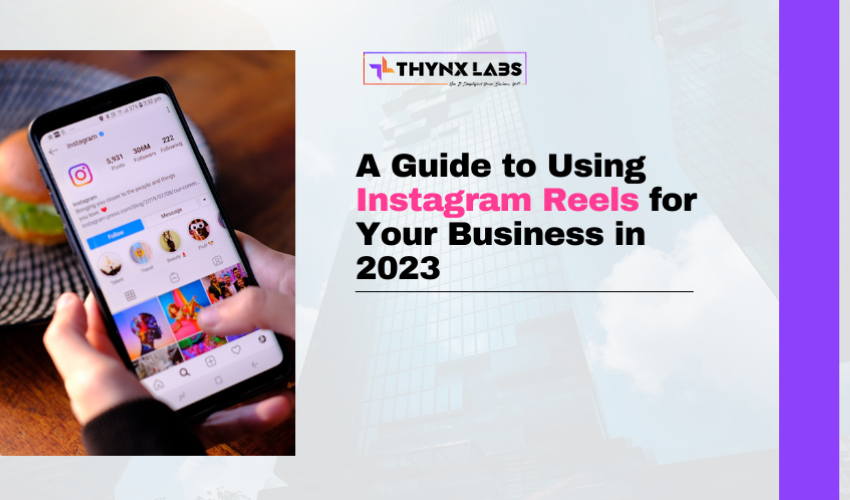The Future of AI Video Creation
The Future of AI Video Creation: Trends and Predictions for 2024
Artificial Intelligence (AI) is revolutionizing video creation, offering innovative tools and capabilities that are reshaping the industry. As we look towards the future, it's clear that AI will continue to drive significant changes in how videos are produced, edited, and consumed. This article explores the current state of AI video creation, emerging trends, and future projections.
Current State of AI Video Creation
AI-Powered Tools Transforming Video Production
AI video creation tools have become essential across various industries, from marketing and entertainment to education. These tools automate the video production process, using advanced algorithms and machine learning to analyze raw footage and generate polished videos quickly. This automation reduces production costs and allows creators to focus on creativity.
Customizable Templates and Effects
AI video creators offer customizable templates and effects, enabling users to produce professional-quality videos without extensive editing experience. Features like text overlays, transitions, and visual effects help elevate content and engage audiences effectively.
Limitations of Current AI Video Tools
Despite their capabilities, AI video tools have limitations. They excel at basic editing but struggle with complex tasks requiring nuanced understanding and creative decision-making. The quality of AI-generated videos also depends on input footage quality and algorithm sophistication.
Emerging Trends in AI Video Creation
Advanced Machine Learning Algorithms
Continued advancements in machine learning will enhance AI video creators' ability to understand and interpret visual content. This will lead to more sophisticated, personalized video experiences tailored to individual user preferences.
Generative Adversarial Networks (GANs)
GANs are AI algorithms capable of generating realistic images and videos. By leveraging GANs, AI video creators can produce highly realistic and immersive content that blurs the line between reality and fiction.
Natural Language Processing (NLP) Integration
Integrating NLP into AI video creators will allow users to interact with software using natural language commands, simplifying the video production process and making it more accessible.
Real-Time Collaboration Tools
As remote work becomes more prevalent, there's growing demand for real-time collaboration tools. AI-powered video platforms are starting to include features that enable multiple users to work on video projects simultaneously, regardless of location.
Personalized Content Creation
With more sophisticated AI algorithms, future AI video creators will offer highly personalized content creation experiences. By analyzing user data, these tools can generate videos tailored to individual interests, enhancing viewer engagement and satisfaction.
Future Projections for AI Video Creation
Hyper-Realistic Virtual Environments
Future AI video creators will enable users to generate hyper-realistic virtual environments comparable to traditional film production quality. These environments will be fully customizable and dynamically generated based on user input.
AI-Generated Actors and Characters
AI video creators will soon be able to generate lifelike digital actors and characters that interact in real-time. This capability will open new possibilities for interactive storytelling and immersive experiences.
Automated Storyboarding and Scriptwriting
AI algorithms will assist in early video production stages by generating storyboards and script outlines based on parameters like genre and target audience. This will streamline pre-production and accelerate the creative process.
Cross-Platform Integration
AI video creation tools will integrate with other platforms and technologies, facilitating seamless content creation and distribution across social media, virtual reality, and augmented reality.
Ethical and Regulatory Considerations
As AI video creation technology advances, ethical guidelines and regulatory frameworks will be necessary to address potential risks such as misinformation and privacy violations. Collaboration among industry stakeholders will be crucial to developing standards that protect creators and consumers.
Conclusion
The future of AI video creation is filled with exciting possibilities, from hyper-realistic virtual environments to AI-generated actors and automated scriptwriting. As technology continues to evolve, AI video creators will become more sophisticated, empowering creators to push the boundaries of creativity and storytelling. However, it's essential to approach AI video creation responsibly, ensuring its benefits are maximized while mitigating potential risks. By staying informed about emerging trends and advancements, creators can harness the full potential of AI to revolutionize their video content.


